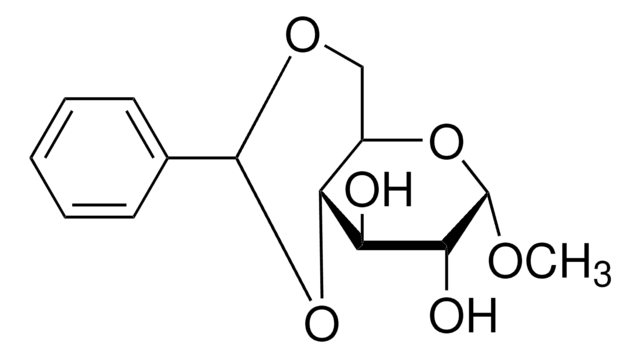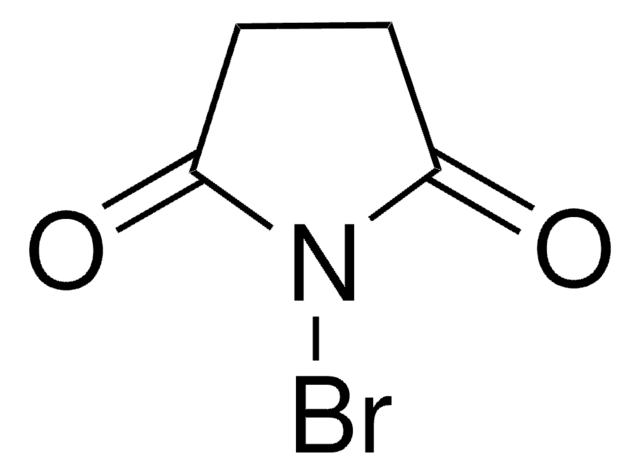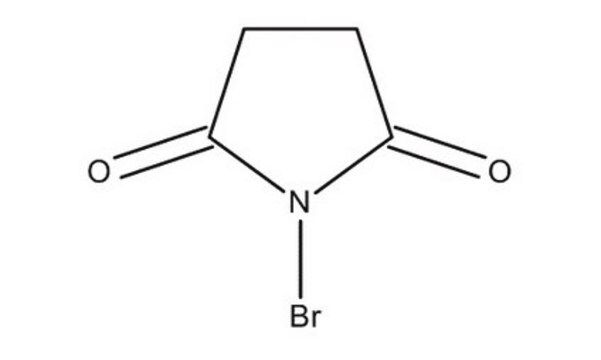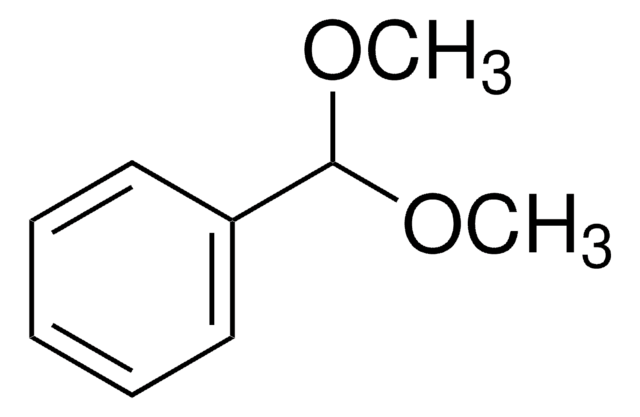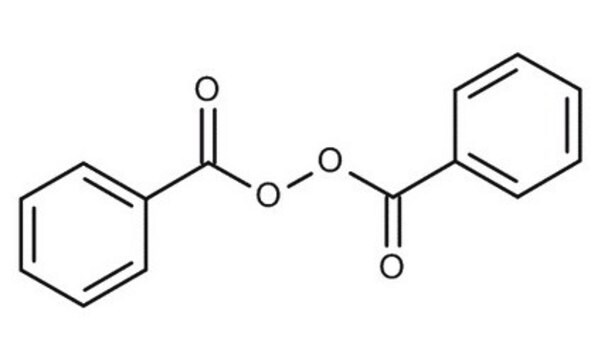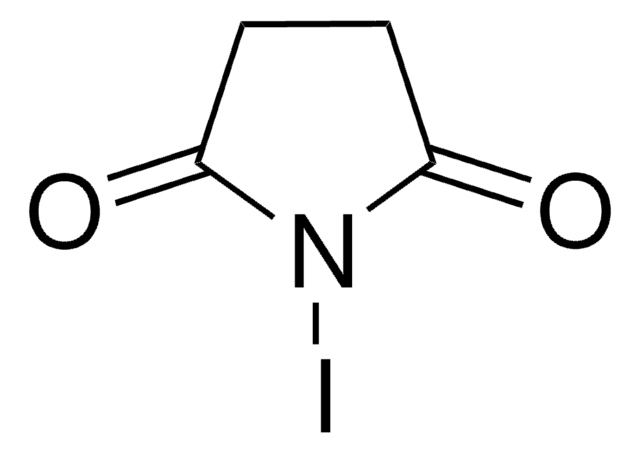All Photos(1)
About This Item
Linear Formula:
CH3C6H2F3
CAS Number:
Molecular Weight:
146.11
MDL number:
UNSPSC Code:
12352100
PubChem Substance ID:
NACRES:
NA.22
Recommended Products
Quality Level
Assay
99%
form
liquid
refractive index
n20/D 1.434 (lit.)
bp
126-127 °C (lit.)
density
1.222 g/mL at 25 °C (lit.)
SMILES string
Cc1ccc(F)c(F)c1F
InChI
1S/C7H5F3/c1-4-2-3-5(8)7(10)6(4)9/h2-3H,1H3
InChI key
LRQPEHJWTXCLQY-UHFFFAOYSA-N
General description
Corona discharge of 2,3,4-trifluorotoluene generates difluorobenzyl radicals, which were investigated by vibronically well-resolved emission spectrum.
Signal Word
Warning
Hazard Statements
Hazard Classifications
Flam. Liq. 3
Storage Class Code
3 - Flammable liquids
WGK
WGK 3
Flash Point(F)
82.4 °F - closed cup
Flash Point(C)
28 °C - closed cup
Personal Protective Equipment
dust mask type N95 (US), Eyeshields, Gloves
Choose from one of the most recent versions:
Already Own This Product?
Find documentation for the products that you have recently purchased in the Document Library.
Formation of Difluorobenzyl Radicals from 2, 3, 4-Trifluorotoluene in Corona Excitation.
Yoon YW, et al.
Bull. Korean Chem. Soc., 32(6), 1993-1996 (2011)
Yangming Lin et al.
ChemSusChem, 10(17), 3497-3505 (2017-07-01)
Selective oxidation of alcohols to aldehydes is widely applicable to the synthesis of various green chemicals. The poor chemoselectivity for complicated primary aldehydes over state-of-the-art metal-free or metal-based catalysts represents a major obstacle for industrial application. Bucky nanodiamond is a
Simon Hammann et al.
Analytical and bioanalytical chemistry, 407(30), 9019-9028 (2015-10-07)
Triacylglycerols represent the major part (>90%) in most plant oils and have to be eliminated, when the minor compounds such as phytosterols or tocopherols should be analyzed. Here, we used an all liquid-liquid chromatographic technique, countercurrent chromatography (CCC), to fractionate
Our team of scientists has experience in all areas of research including Life Science, Material Science, Chemical Synthesis, Chromatography, Analytical and many others.
Contact Technical Service